
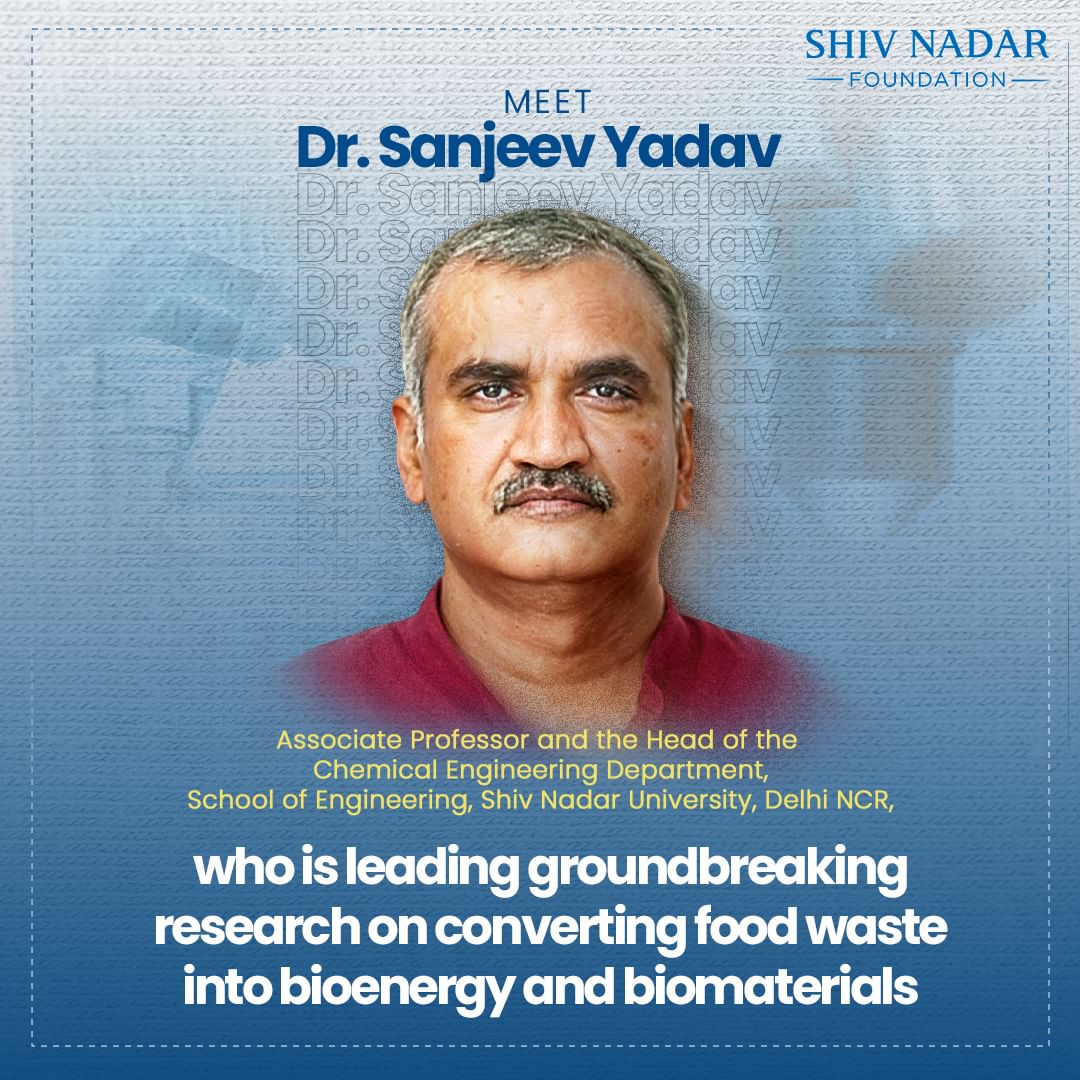
There is an urgent need for innovative solutions in a world facing an astounding 1.05 billion tonnes of food waste… Continue reading Sustainable Energy from Food Waste: A New Approach
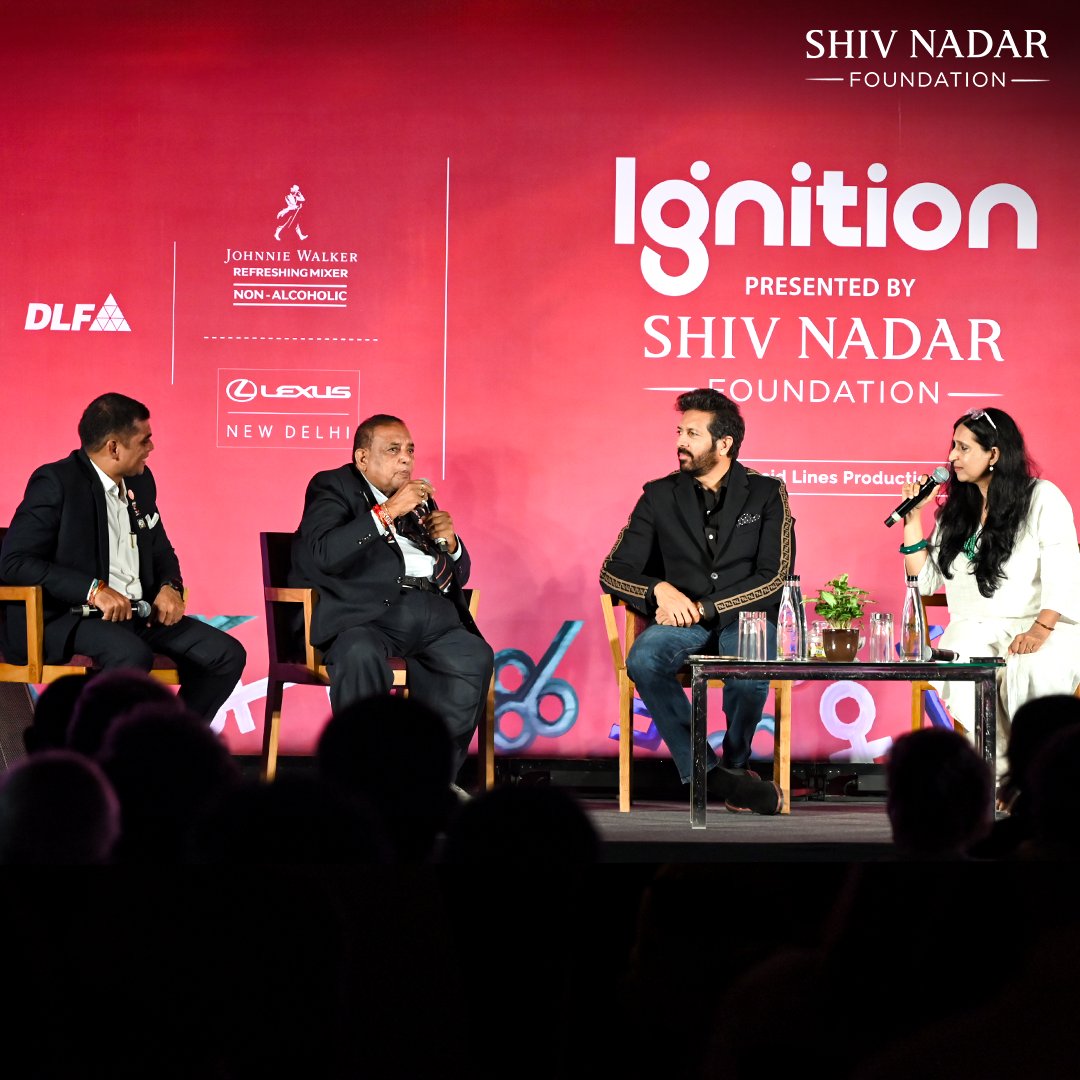
The 13th edition of Ignition was an incredible occasion that motivated many with its tales of tenacity and achievement. The… Continue reading The 13th Edition of Ignition: Inspiring Journeys and Social Change
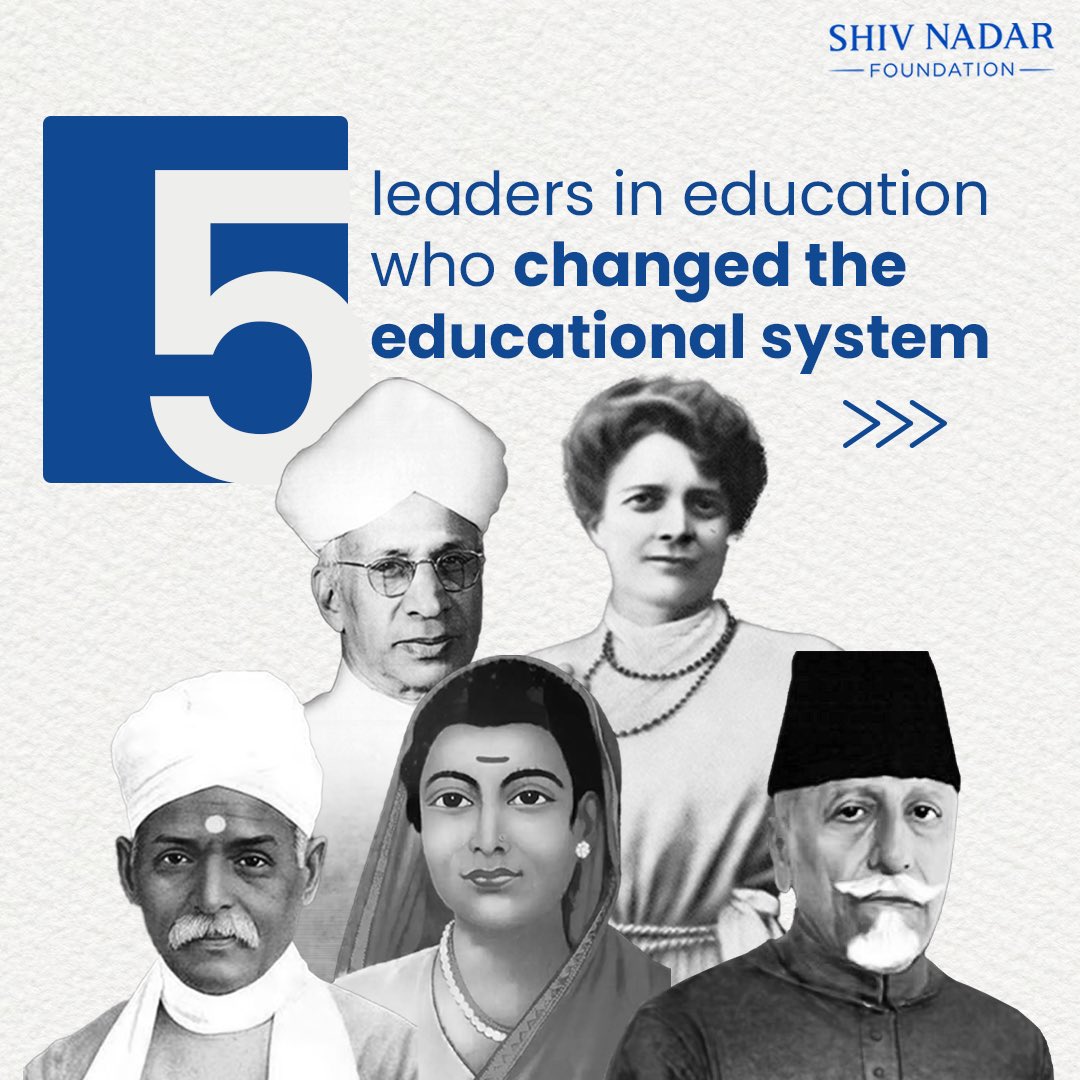
This Teacher’s Day, we honour educators whose dedication and vision have transformed India’s education system. To drive progress, it is… Continue reading Empowering Futures: Child Education in India and Sustainable Rural Development
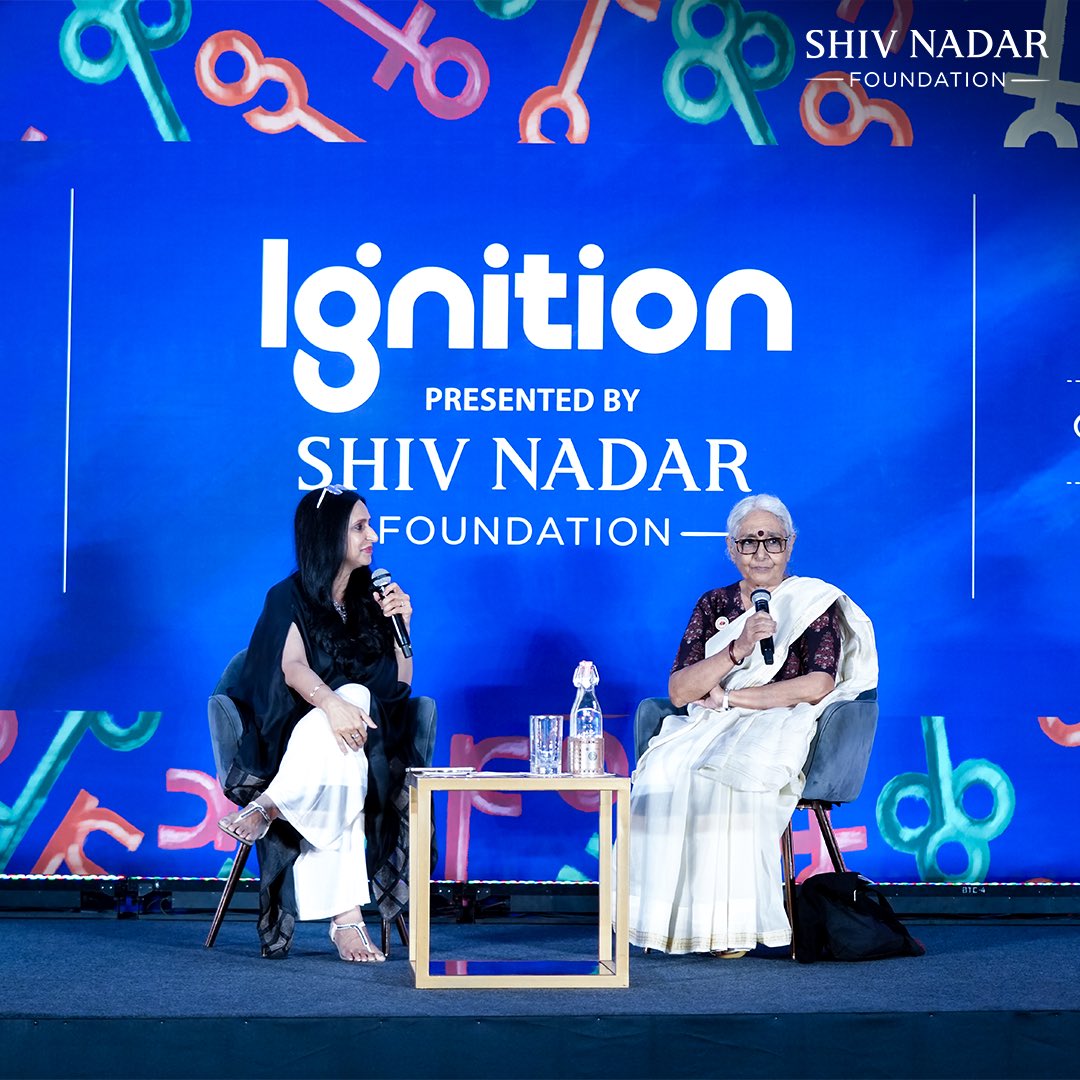
The groundwork students receive in the ever-changing world of school is essential to their success in the future. The idea… Continue reading How Modern Education in India is Shaping Your Child’s Future!
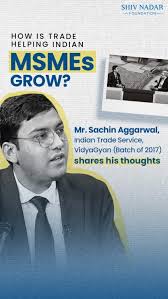
The Shiv Nadar Foundation has been excelling at enhancing knowledge and growth in different sectors using significant innovations. A prime… Continue reading The Mentorship Hour Recap: Mr. Sachin Aggarwal on Trade Impacts for Indian MSMEs
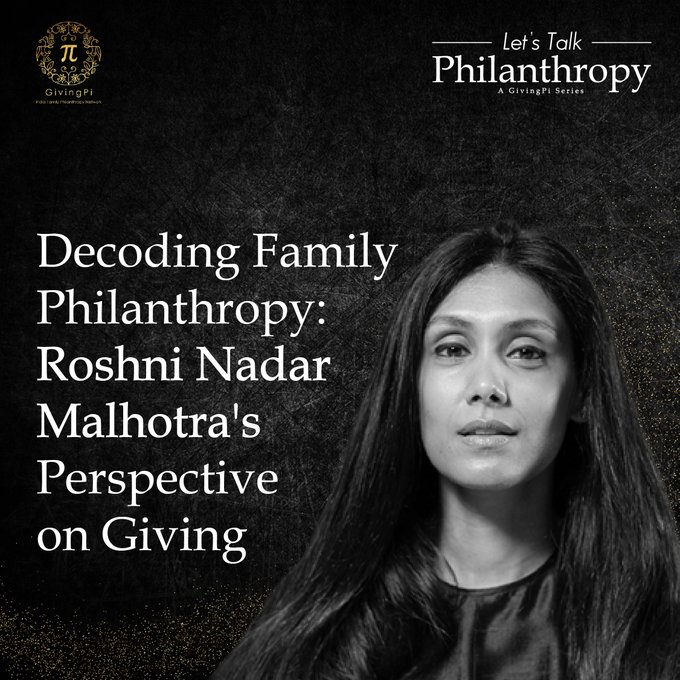
Roshni Nadar Malhotra talks about her family’s systematic approach to work andtheir giving attitude in this exclusive interview. Learn how… Continue reading Unlocking Impact: Inside Shiv Nadar Foundation’s Philanthropic Odyssey
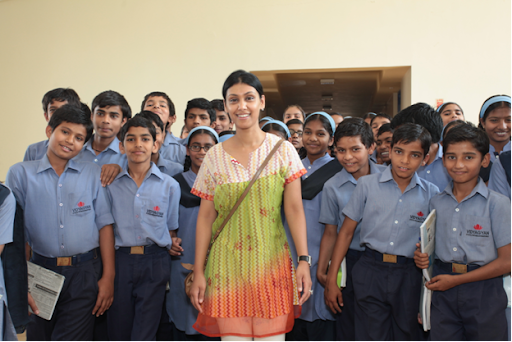
The charitable Shiv Nadar Foundation is committed to closing the achievement gap and making sure that everyone, especially those in… Continue reading Encouraging India: The Shiv Nadar Foundation’s Dedication to Universal Education
© 2024 Shiv Nadar Foundation. All rights reserved.
